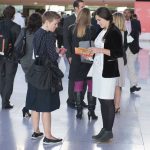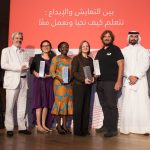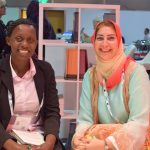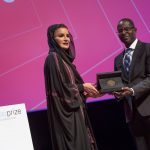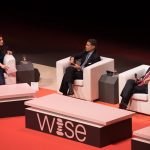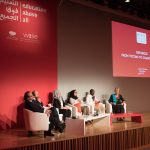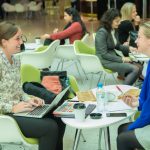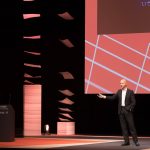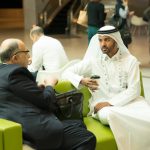The 2017 WISE Summit convened November 14-16 2017, in Doha, Qatar.
This year’s theme reflects the commitment of WISE to address important education challenges in times of disruption and economic uncertainty stemming from conflict, mass migration, growing inequality, on-going, rapid technological change and other forces.
The world faces an unprecedented confluence of disruption. As scientific and technological development surge ahead, constant advances in artificial intelligence, automation and biotechnology seem to challenge assumptions about what it means to be human. War and instability have triggered widespread dislocation and a migration of people on a scale not seen since the end of the Second World War.
These challenges spark urgent questions about the role of education and its capacity to support learners of all ages in navigating disruption. WISE 2017 was an opportunity to rethink and explore how education can be most effectively shaped and evolved for co-existing and co-creating in a world of complexity and dramatic change.
Participants explored and discovered a wide variety of topics shaping the future of teaching and learning, including artificial intelligence, the role of teachers, leveraging social entrepreneurship for innovation, changing attitudes toward migrants, reimagining higher education in the connected world, the impact of nudging, connecting private and public actors and strategies to build future knowledge societies.
Replay
Program
A 3-pillar program
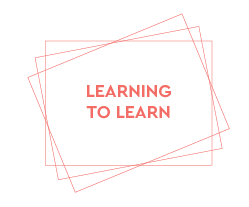
New perspectives and practices in teaching and learning
Discover new and emerging approaches that help learners develop relevant cognitive, social and emotional skill-sets to live and work in the age of disruption.
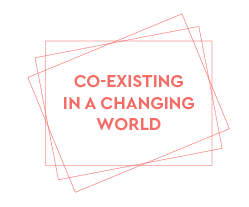
Developing skills, attitudes and values to shape tomorrow
Explore the role of innovation in education to cultivate values, behaviors and attitudes to address complex challenges, and support cultural cohesion and global citizenship.
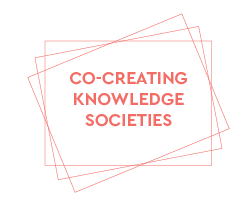
Transitioning from knowledge economies to knowledge societies
Examine strategies, policies and practices that empower and enable individuals to become skilled innovators who can drive economic development, contribute to social good and design the future.
Speakers
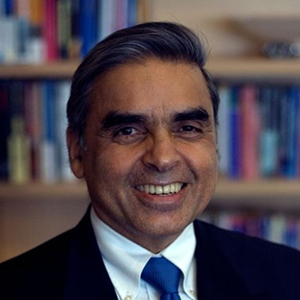
Prof. Kishore Mahbubani
Lee Kuan Yew School of Public Policy of the National University
Singapore
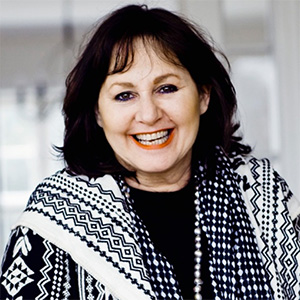
Leslee Udwin
Think Equal Global
United Kingdom
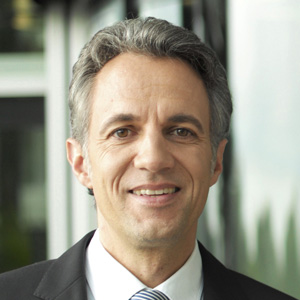
Dr. Jörg Dräger
Bertelsmann Stiftung
Germany
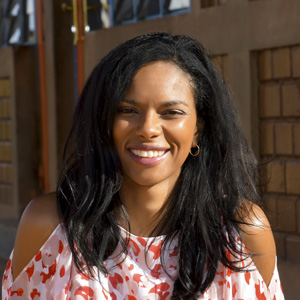
Noëlla Coursaris Musunka
Malaika
Democratic Republic of the Congo
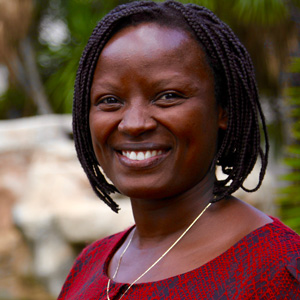
Lydia Wilbard
Camfed
Tanzania
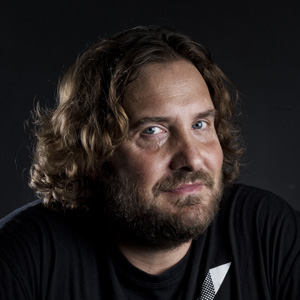
Nicolas Sadirac
42
France
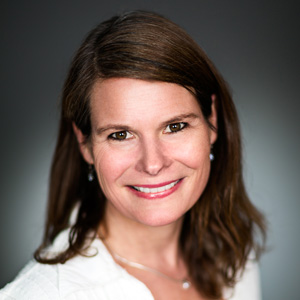
Sarah Borgman
Skoll Community and Convenings
United States of America
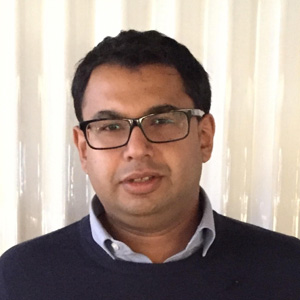
Sharath Jeevan
STiR Education
United Kingdom
Braindates
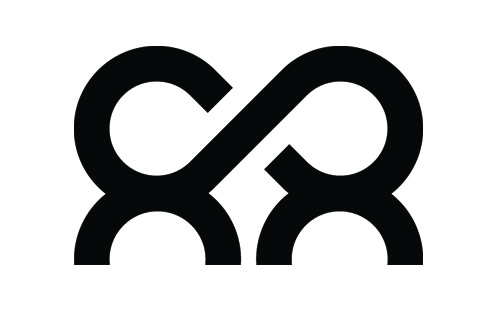
WISE 2017 introduced Braindate, an innovative peer-learning platform created by e180.
Braindates are one-on-one or group conversations initiated and organized by participants at the Summit. Connect with one another in a meaningful way and curate your own learning experience through Braindates. Delegates can begin scheduling Braindates ahead of the Summit, through the Networking@WISE tool.




